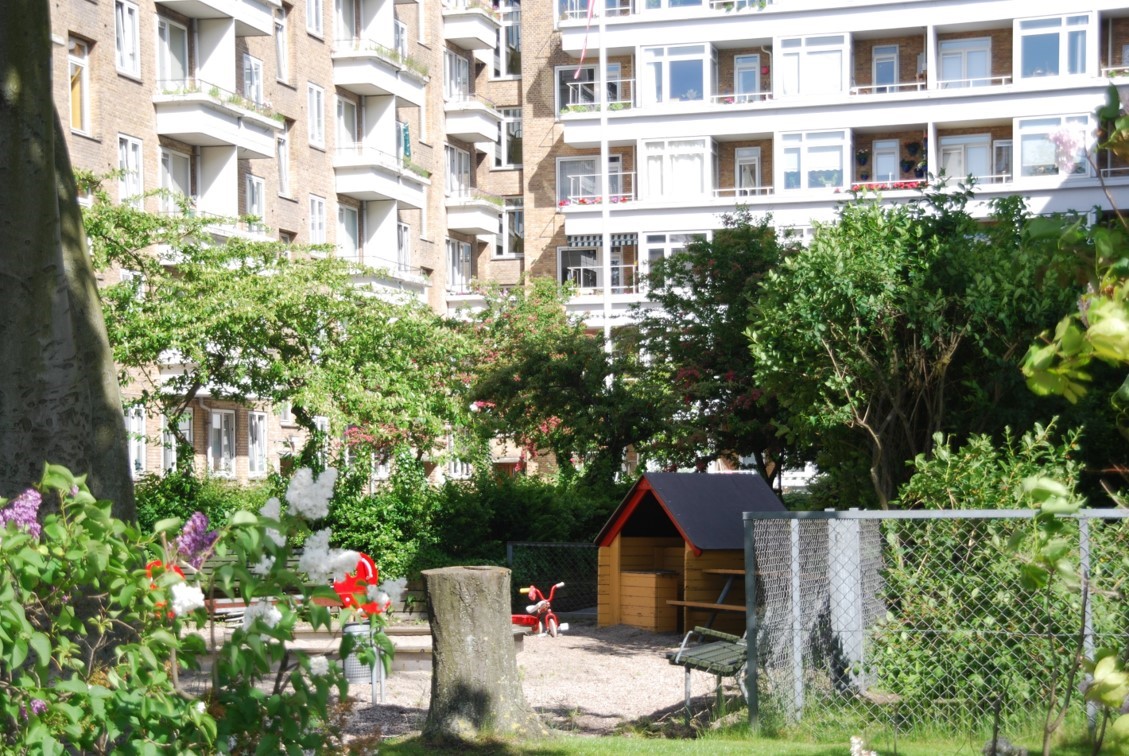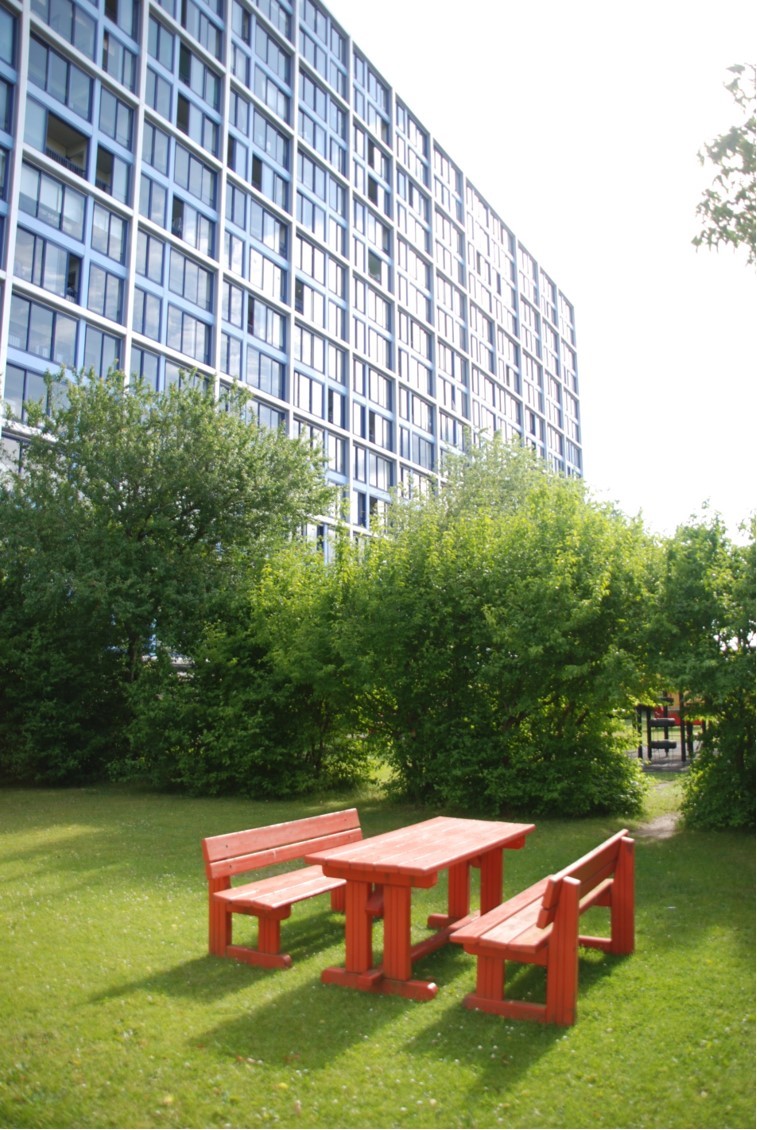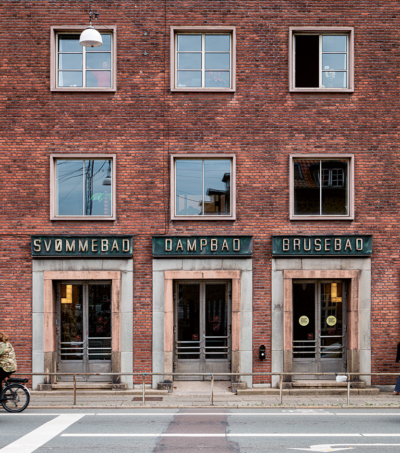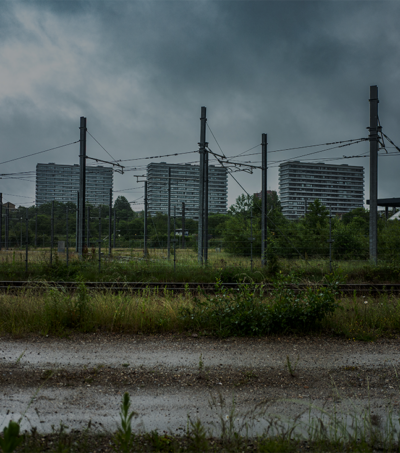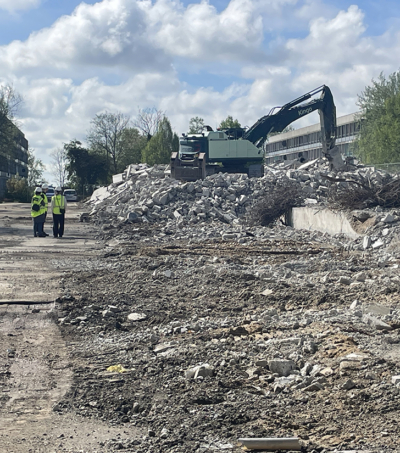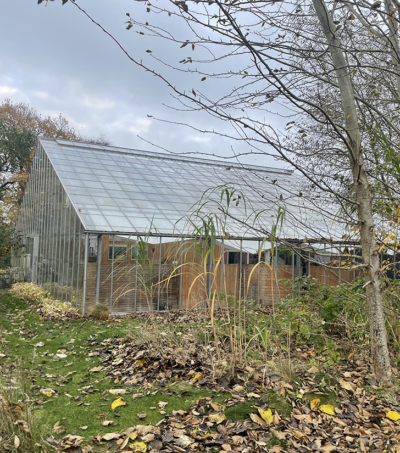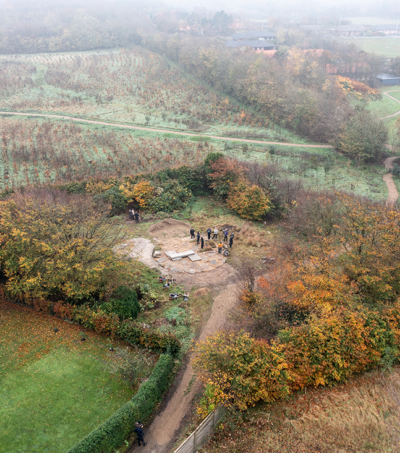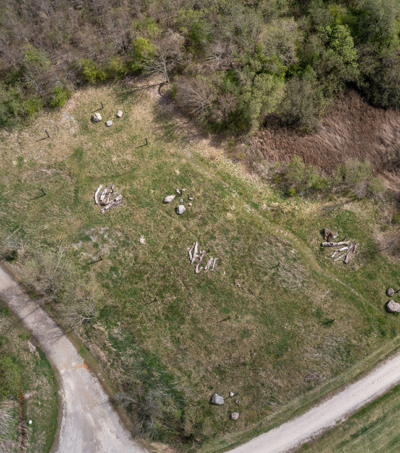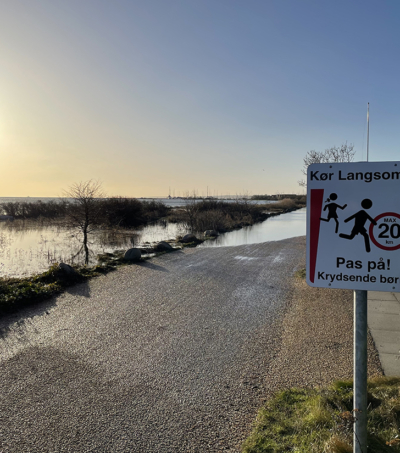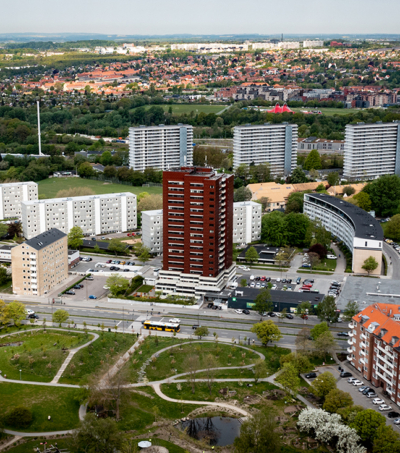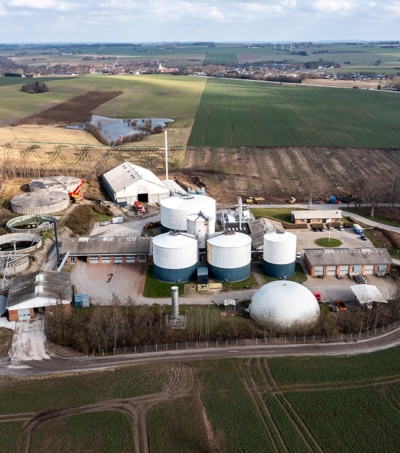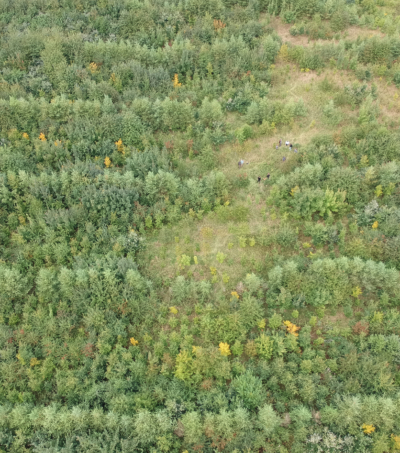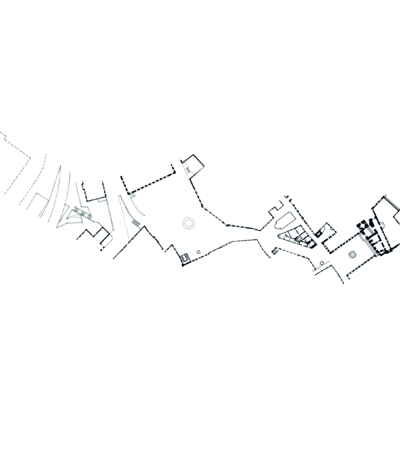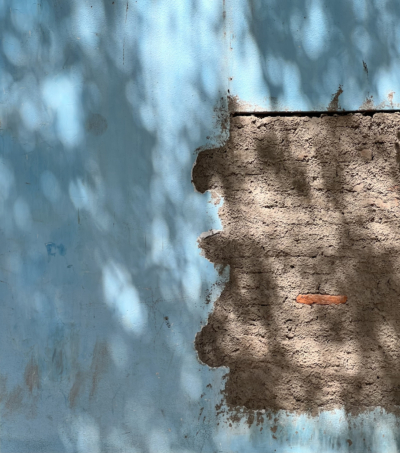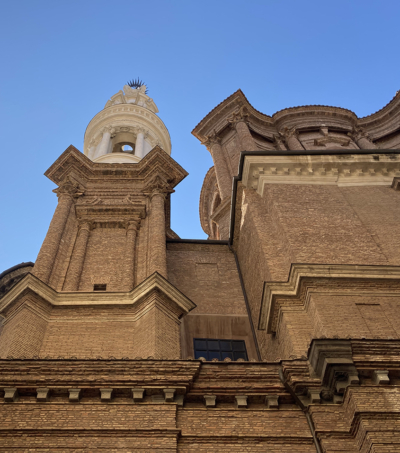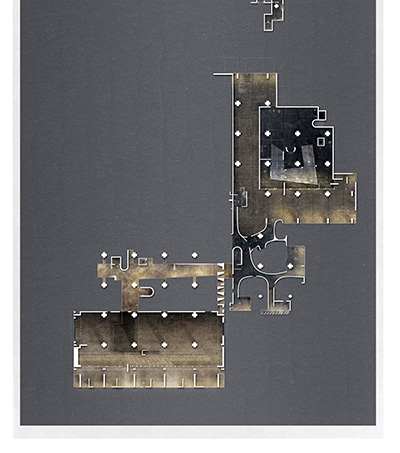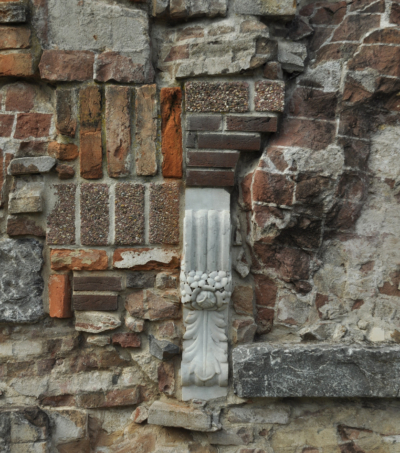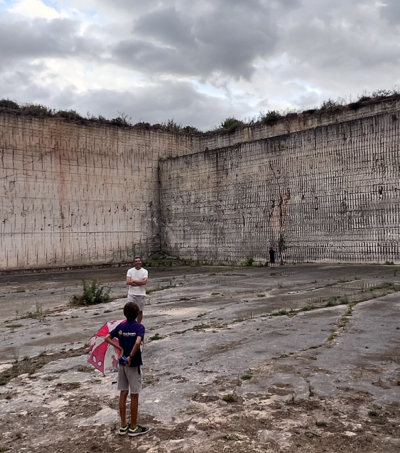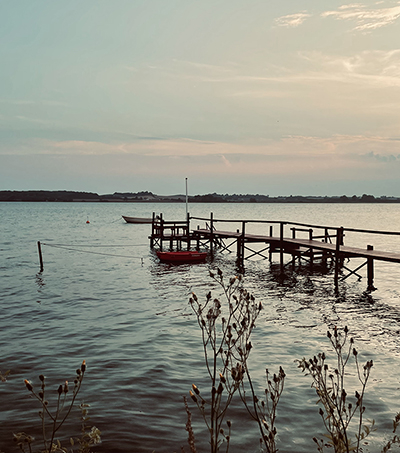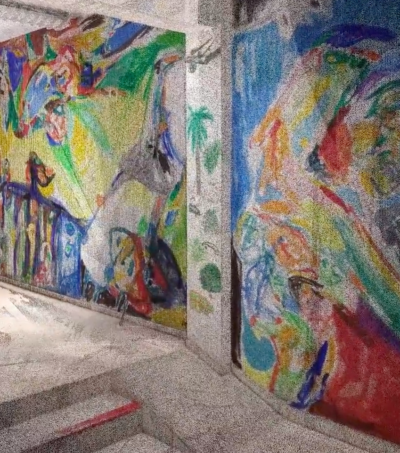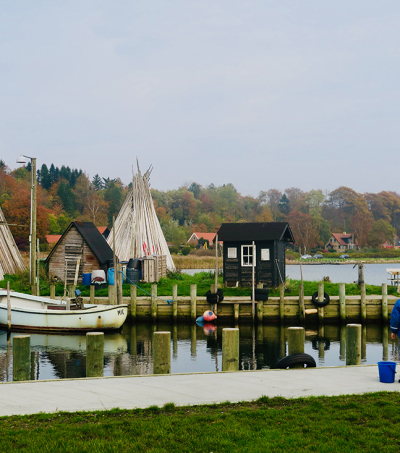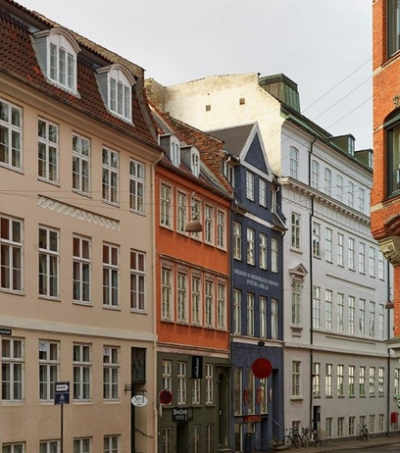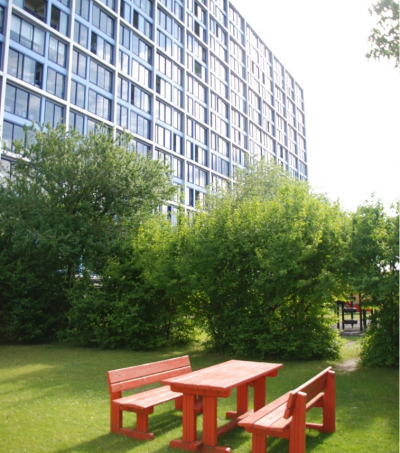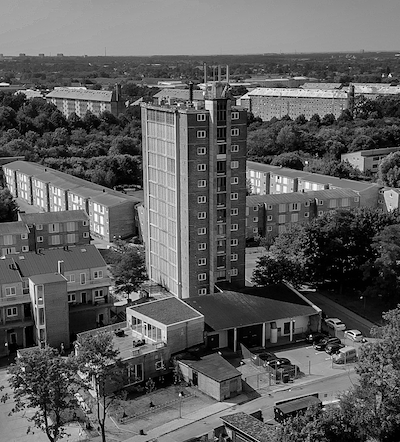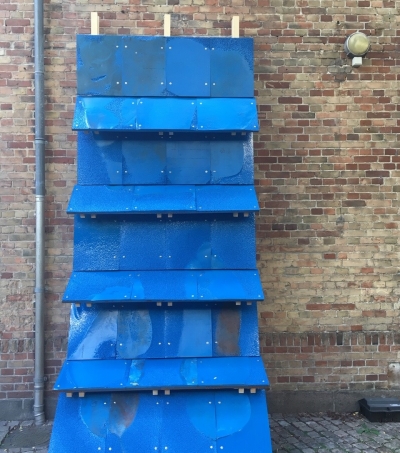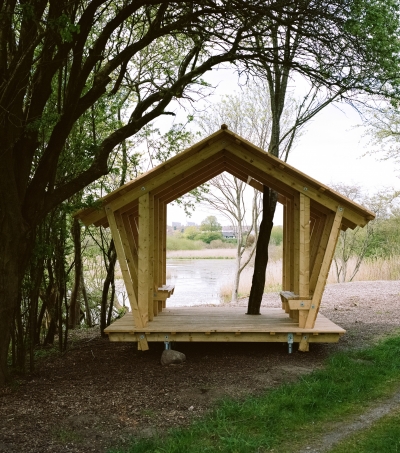The research and dissemination project Flexible Communities uncovers and examines challenges and opportunities relating to this issue.
The National Museum of Denmark and Aarhus School of Architecture are behind the project, which is financially supported by The National Building Foundation and the philanthropic association Realdania.
Today, public housing areas face new challenges as well as expectations to maintain and strengthen social and environmental sustainability. Welfare tasks previously managed or carried out by the public sector increasingly involve local communities through decentralised planning, local co-creation, decentralisation and volunteer work.
This, for instance, applies to new housing offers, where residents are expected to be part of communities that are more committed to providing care than was previously the case. Generationernes Hus (house of generations), in Aarhus, is one example of a housing and welfare project where the architecture aims to support communities across different life situations.
These changes require rethinking. Not just a rethinking of the welfare model that created a Danish society characterised by strong cohesion. But just as much a rethinking of the social, architectural and technological resources we need to solve the most important challenges in terms of social well-being and the green transition in public housing areas.
The research and dissemination project Flexible Communities is going to provide new knowledge about the frameworks for socially sustainable mixed cities and good housing environments. The aim is that the research project should actively contribute to elucidating robust and lasting urban and social developments in Denmark.

